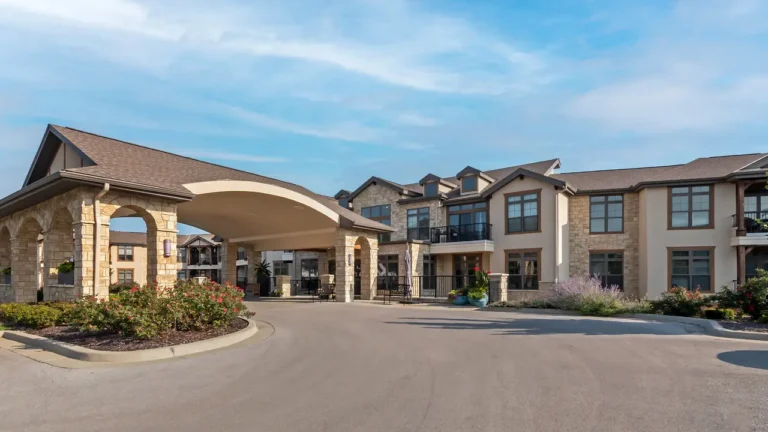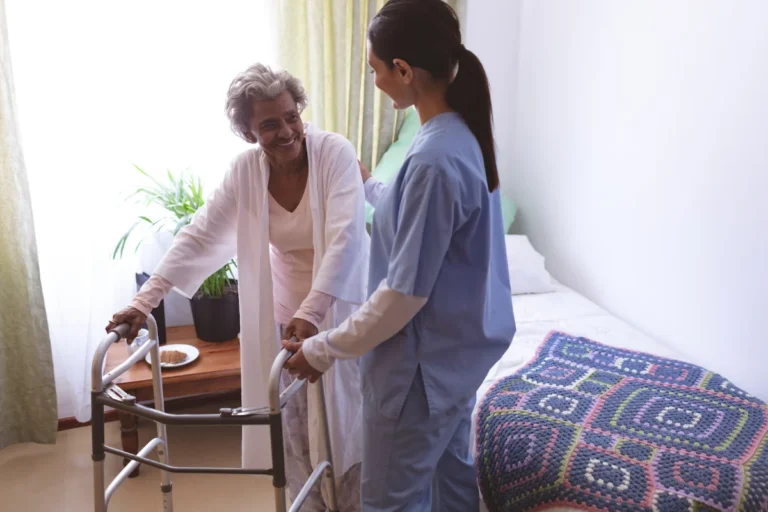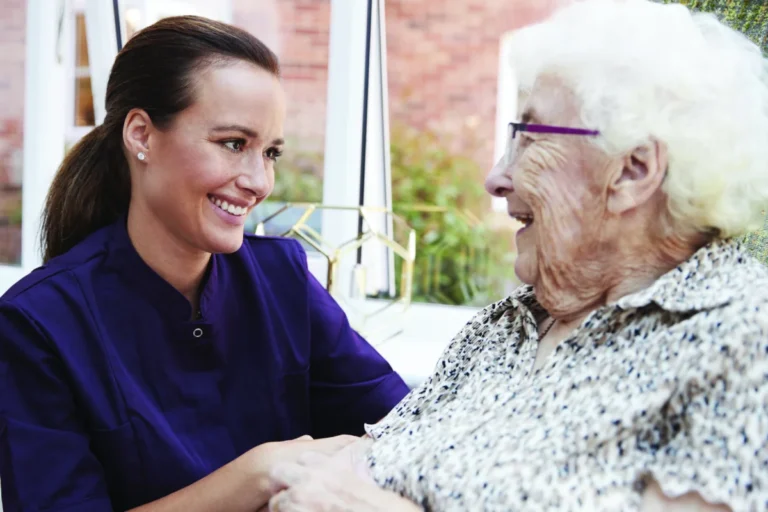A caregiver is someone who does not get paid for the care they provide for a spouse, family member, partner, friend or neighbor. This type of care usually involves assisting another person with the activities of daily living and other non-medical tasks. According to the National Alliance for Caregiving and AARP, more than 53 million Americans have provided unpaid care for an adult 50 years or older within the last 12 months.
Millions of Americans willingly step into the role of caregiver without any training, support programs or understanding of the responsibilities and sacrifices that go along with this role. While all caregivers face struggles, caring for a family member or loved one with dementia poses unique challenges. Dementia is a general term for loss of memory, problem-solving, language and other thinking abilities that are severe enough to interfere with daily life. Alzheimer’s is the most common cause of dementia.
To create the best possible experience for caregivers and for the seniors in their care, it is helpful for caregivers to have the resources to become educated and to understand their role.
A Caregiver’s Guide to Dementia
In the early stages of dementia and Alzheimer’s disease, individuals will experience changes in their ability to remember, to reason and to think in ways that directly affect their daily lives and daily activities. At some point, they will require more help with simple tasks and will be unable to live completely independently. At this time, many families opt to move their loved one to a memory care community for their safety and to ensure they receive dedicated care specifically tailored for their condition. However, there are some tips to help caregivers of individuals with dementia, no matter if they live at home or in a memory care community:
- Always be respectful. Explain what you are doing and what will happen next.
- If the person does not live in a community with medication management services, ensure there is a reminder system in place for daily medications.
- Help to create lists, write down appointments and put events onto a visible calendar.
- Serve healthy meals in a consistent place at a consistent time. At The Village at Mission Senior Living Community, meals are prepared by an in-house chef, and recipes are focused on health and balance!
- Keep a consistent daily routine for things like waking, dressing, bathing and eating.
- Purchase loose-fitting, comfortable clothing that is easy to put on and remove.
- For each of the activities of daily living, allow the person to do as much as possible independently.
- Plan activities the person enjoys and try to include things that stimulate the mind. Memory care residents at Lakeland Rehabilitation & Health Care Center are able to choose from activities that draw on the latest research on dementia treatment and memory loss therapies to help encourage independence and maintain cognitive skills.
Dementia Books for Caregivers
An excellent resource for caregivers in any environment is books – books on Alzheimer’s, books on dementia and caregiving books. These books help explain practical care tasks, detail how to manage challenging dementia symptoms and share tips for coping with caregiver stress.
To help narrow down the many, many options on the market, here are our suggestions for the best five dementia books for caregivers:
- The 36-Hour Day: A Family Guide to Caring for People Who Have Alzheimer’s Disease, Other Dementias, and Memory Loss by Nancy L. Mace and Peter V. Rabins
Now in its sixth edition, this book is a care guide full of practical tips to help improve the lives of patients, families and caregivers. It details everything from strategies for coping with behavior to explaining changes in Medicare and other insurance laws.
- Creating Moments of Joy Along the Alzheimer’s Journey: A Guide for Families and Caregivers by Jolene Brackey
If, as a caregiver, your focus is creating moments of joy, this book is the one to put you on that path. There is practical advice in the text regarding ways to encourage, share stories and find ways to relate to humor in the daily lives of dementia patients.
- Learning to Speak Alzheimer’s: A Groundbreaking Approach for Everyone Dealing with the Disease by Joanne Koenig Coste
This text takes a practical approach to relating to people with dementia and focusing on improving communication. There are also many caregiver tips, including how to talk to a patient about their illness, how to manage the issue of driving and how to deal with aggression or wandering.
- Thoughtful Dementia Care: Understanding the Dementia Experience by Jennifer Ghent-Fuller
This book explains the different types of memory loss associated with dementia. It also examines the other thinking processes impacted by dementia and how that affects a person’s understanding of the world around them.
- Surviving Alzheimer’s: Practical Tips and Soul-Saving Wisdom for Caregivers by Paula Spencer Scott
With a strong focus on caring for the caregiver, this book discusses the latest thinking on how to enhance quality of life and safety for the patient, while minimizing stress for all involved.
Tutera Senior Living & Health Care
At Tutera Senior Living & Health Care’s memory care communities, we understand that the care we provide our residents needs to feel like an extension of the love of their family and friends. Courtyard Memory Care features the THRIVE program, which customizes each resident’s care with their physical skills, past experiences, preferred routines and hobbies. The results create a meaningful experience for each resident, allowing them to maintain their independence and live a life they design.
Ready to find a Tutera Senior Living community near you? Our community finder is the tool to get you there! Have questions? We would love to give you answers, discuss our communities and set up a tour. Contact us today!







